Related Research Articles
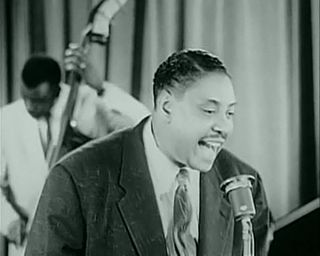
Rhythm and blues, frequently abbreviated as R&B or R'n'B, is a genre of popular music that originated within African-American communities in the 1940s. The term was originally used by record companies to describe recordings marketed predominantly to African Americans, at a time when "rocking, jazz based music ... [with a] heavy, insistent beat" was becoming more popular. In the commercial rhythm and blues music typical of the 1950s through the 1970s, the bands usually consisted of a piano, one or two guitars, bass, drums, one or more saxophones, and sometimes background vocalists. R&B lyrical themes often encapsulate the African-American history and experience of pain and the quest for freedom and joy, as well as triumphs and failures in terms of societal racism, oppression, relationships, economics, and aspirations.
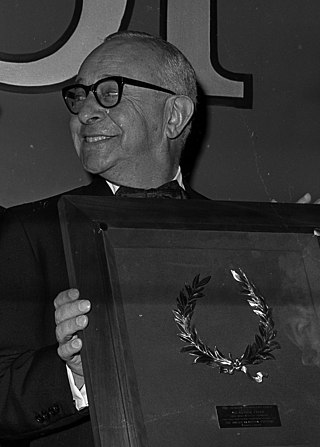
Arthur Freed was an American lyricist and Hollywood film producer. He won the Academy Award for Best Picture twice, in 1951 for An American in Paris and in 1958 for Gigi. Both films were musicals, and both were directed by Vincente Minnelli. In addition, he produced and was a co-lyricist for the film Singin' in the Rain.

Yvette Marie Stevens, better known by her stage name Chaka Khan, is an American singer. Known as the "Queen of Funk", her career has spanned more than five decades beginning in the early 1970s as the lead vocalist of the funk band Rufus. With the band she recorded the notable hits "Tell Me Something Good", "Sweet Thing", "Do You Love What You Feel" and the platinum-certified "Ain't Nobody". Her debut solo album featured the number-one R&B hit "I'm Every Woman". Khan scored another R&B charts hit with "What Cha' Gonna Do for Me" before becoming the first R&B artist to have a crossover hit featuring a rapper, with her 1984 cover of Prince's "I Feel for You". More of Khan's hits include "Through the Fire" and a 1986 collaboration with Steve Winwood that produced a number-one hit on the Billboard Hot 100, "Higher Love".

The Prohibition of Mixed Marriages Act, Act No. 55 of 1949, was an apartheid-era law in South Africa that prohibited marriages between "whites" and "non-whites". It was among the first pieces of apartheid legislation to be passed following the National Party's rise to power in 1948. Subsequent legislation, especially the Population Registration and Immorality Acts of 1950, facilitated its implementation by requiring all individuals living in South Africa to register as a member of one of four officially defined racial groups and prohibiting extramarital sexual relationships between those classified as "white" on the one hand and those classified as "non-White" on the other. It did not criminalize sexual relationships between those classified as "non-Europeans".
PJ Powers is a South African singer and performer. She became a household name in southern Africa after the widespread success of the song “Jabulani”. When she played at the Jabulani Amphitheatre in 1983 she was hailed by the crowd with the name “Thandeka”. On the stage she drank from a calabash as part of the performance to the delight of the audience. World in Union 95, the Ladysmith Black Mambazo version featuring PJ Powers, became an international hit record in 1995. It reached no. 47 in the UK singles charts.
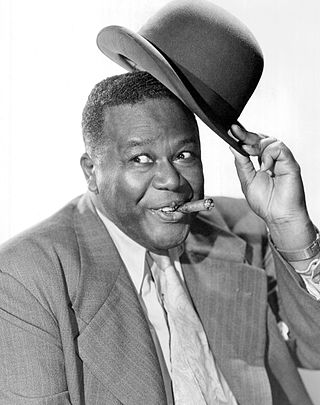
Spencer Williams was an American actor and filmmaker. He portrayed Andy on TV's The Amos 'n' Andy Show and directed films including the 1941 race film The Blood of Jesus. Williams was a pioneering African-American film producer and director.
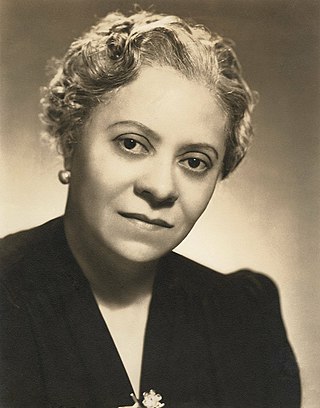
Florence Beatrice Price was an American classical composer, pianist, organist and music teacher. Born in Little Rock, Arkansas, Price was educated at the New England Conservatory of Music, and was active in Chicago from 1927 until her death in 1953. Price is noted as the first African-American woman to be recognized as a symphonic composer, and the first to have a composition played by a major orchestra. Price composed over 300 works: four symphonies, four concertos, as well as choral works, art songs, chamber music and music for solo instruments. In 2009, a substantial collection of her works and papers was found in her abandoned summer home.
46664 was a series of AIDS benefit concerts played in honour of Nelson Mandela by South African and foreign musicians between 2003 and 2008.

Joseph Kosma was a Hungarian composer who emigrated to France.
"I Feel for You" is a song written by American musician Prince that originally appeared on his 1979 self-titled album. The most successful and best-known version was recorded by R&B singer Chaka Khan and appeared on her 1984 album of the same name. It became the recipient of two Grammy Awards for Best R&B Song and Best Female R&B Vocal Performance for Khan.

Yvonne Chaka Chaka OIS is a South African singer, songwriter, entrepreneur, humanitarian and teacher. Dubbed the "Princess of Africa", Chaka Chaka has been at the forefront of South African popular music for 35 years and has been popular in Nigeria, Zimbabwe, Kenya, Gabon, Sierra Leone and Ivory Coast. Songs such as "I'm Burning Up", "Thank You Mr. DJ", "I Cry For Freedom", "Motherland" and the ever-popular "Umqombothi" ensured Chaka Chaka's stardom. The song "Umqombothi" was featured in the opening scene of the 2004 movie Hotel Rwanda.
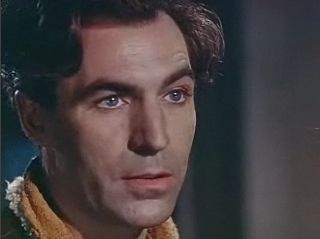
David Farrar was an English stage and film actor.
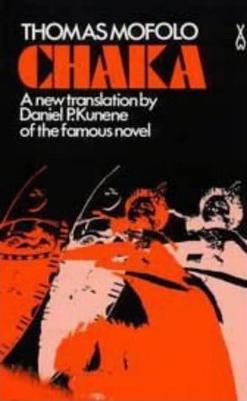
Chaka is the third and final novel by Lesotho writer Thomas Mofolo. Written in Sesotho, it is a mythic fictional retelling of the story of the rise and fall of the Zulu emperor-king Shaka. Following its first publication in 1925, it was published in English translation in 1931.

Spencer Gordon Bennet was an American film producer and director. Known as the "King of Serial Directors", he directed more film serials than any other director.

Race records is a term for 78-rpm phonograph records marketed to African Americans between the 1920s and 1940s. They primarily contained race music, comprising various African-American musical genres, blues, jazz, and gospel music, rhythm and blues and also comedy. These records were, at the time, the majority of commercial recordings of African American artists in the U.S., and few African American artists were marketed to white audiences. Race records were marketed by Okeh Records, Emerson Records, Vocalion Records, Victor Talking Machine Company, Paramount Records, and several other companies.

Slave Songs of the United States was a collection of African American music consisting of 136 songs. Published in 1867, it was the first, and most influential, collection of spirituals to be published. The collectors of the songs were Northern abolitionists William Francis Allen, Lucy McKim Garrison, and Charles Pickard Ware. The group transcribed songs sung by the Gullah Geechee people of Saint Helena Island, South Carolina. These people were newly freed slaves who were living in a refugee camp when these songs were collected. It is a "milestone not just in African American music but in modern folk history". It is also the first published collection of African-American music of any kind.
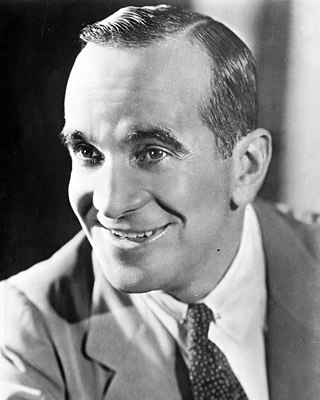
Al Jolson was an American singer, actor, and vaudevillian.
"Umqombothi" is a song performed by South African singer Yvonne Chaka Chaka. It was composed by Sello "Chicco" Twala and Attie van Wyk. Umqombothi, in Xhosa, is a beer commonly found in South Africa made from maize, maize malt, sorghum malt, yeast and water.
Zonk! is a 1950 musical film made in South Africa. It features black performers doing American style numbers. It was directed by Hyman Kirstein. It was made by African Film Productions.
References
- 1 2 "Song of Africa finale". global.oup.com.
- ↑ "Song Of Africa". Villon Films.
- ↑ "Song and genocide: Investigating the function of Yvonne Chaka Chaka's Umqombothi in Hotel Rwanda".
- ↑ Maingard, Jacqueline (2003). "Bokkies/Moffies: Cinematic Images of Black Sexual Identity in "Zonk!" (1950)". Journal of African Cultural Studies. 16 (1): 25–43. doi:10.1080/1369681032000169249. JSTOR 3181383. S2CID 191474513 – via JSTOR.